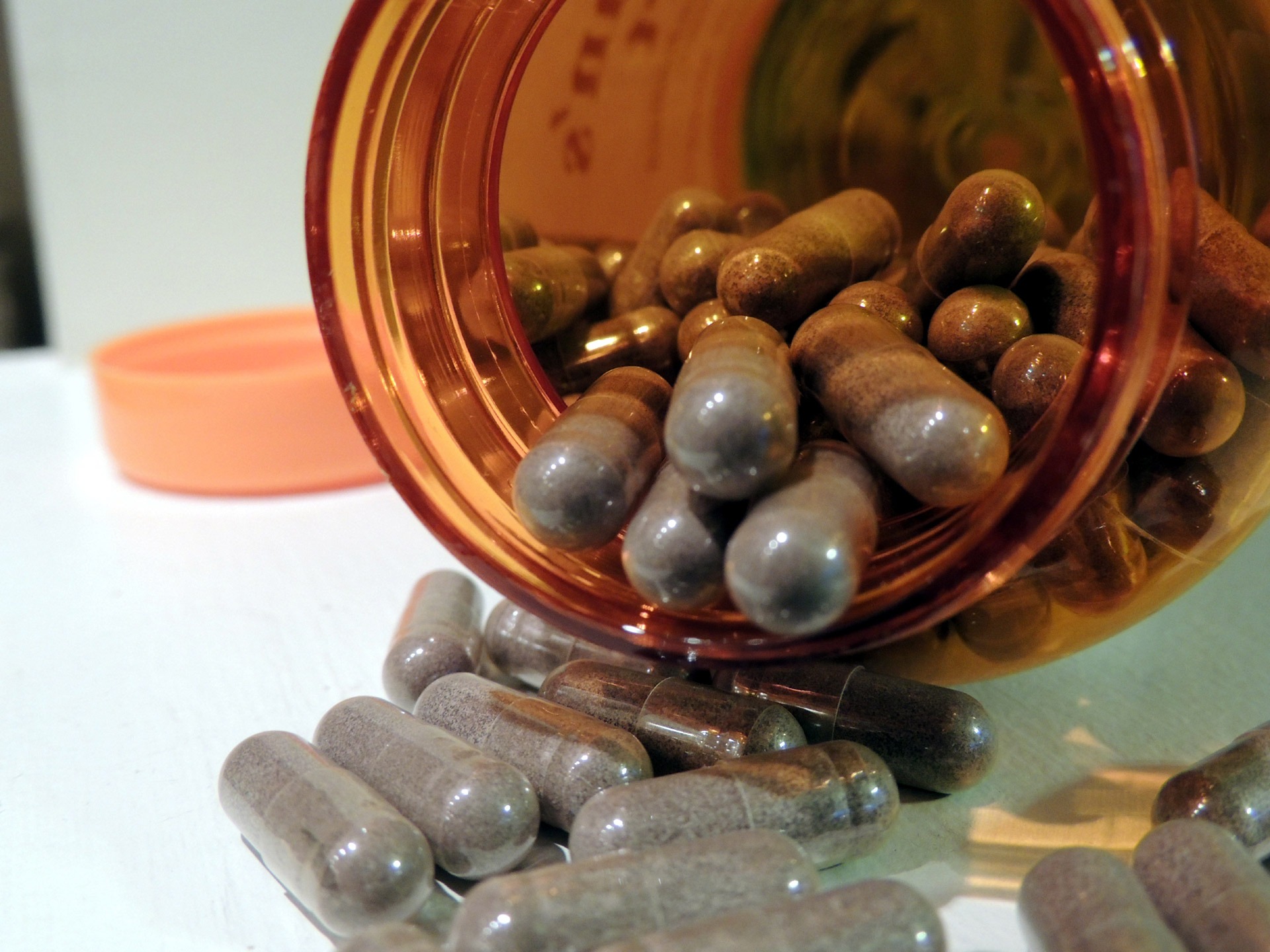Anxiety disorders are the most common mental health problem in the U.S. Anxiety affects nearly 40 million adults above the age of 18. Left untreated, it can increase your risk of various other conditions such as depression, insomnia, high blood pressure, and heart disease. While you can’t will it away, there are treatments that can help manage your symptoms—herbal supplements for anxiety being one of them.
How do they work? Are they safe? What are some of the best herbal supplements for anxiety?
For the answers, be sure to read the rest of the post!
1. Ashwagandha
Table of Contents
Ashwagandha, also known as ‘Indian Ginseng’, is an adaptogenic herb that’s been used in Ayurvedic medicine for thousands of years. It contains several active components including saponins and withanolides, the latter of which is known for its antioxidant effects.
Not only can it help with pain, but it can also reduce anxiety by blocking the stress pathway in the brain. This is supported by one study, in which 88% of those who took ashwagandha reported a reduction in anxiety compared to those who took a placebo.
While it’s generally safe, it can cause side effects such as nausea, diarrhea, and vomiting, especially if taken in large doses.
2. Chamomile
Chamomile is a popular herb that’s often used to make teas and extracts. A member of the daisy family, it contains a wide range of beneficial compounds including apigenin, a bioflavonoid compound that’s known for its anxiety-reducing effects.
How much chamomile tea should you drink? 1 to 4 cups per day. As far as the liquid extract goes, the recommended dosage is 1-4 ml three times daily. There are also capsules that you can take in divided doses (refer to the packaging for detailed instructions).
Like most anxiety herbal supplements, however, it can cause side effects (e.g. drowsiness, dizziness, allergic reactions) in some individuals.
3. Kratom
Kratom is a herbal extract that’s derived from the leaves of Mitragyna speciosa, a tropical tree that’s native to Southeast Asia. It works by binding to the opioid receptors in the brain, which helps relieve pain.
It also has sedative effects at higher doses (greater than 5 grams), which may help those with anxiety.
What’s more, is that it comes in many forms. For example, you can take it as a pill, capsule, or extract. If you want, you can even extract your own—all you need is a solvent (more on kratom extraction).
It’s important to note, however, that long-term use can result in side effects such as insomnia, constipation, and weight loss.
Natural Herbal Supplements For Anxiety
These are just a few different types of herbal supplements for anxiety that you can take. For those who are interested, consider searching for ‘anxiety herbal supplements near me’.
If you enjoyed this post, be sure to check out the rest of our health section, which you can find under the lifestyle category!











